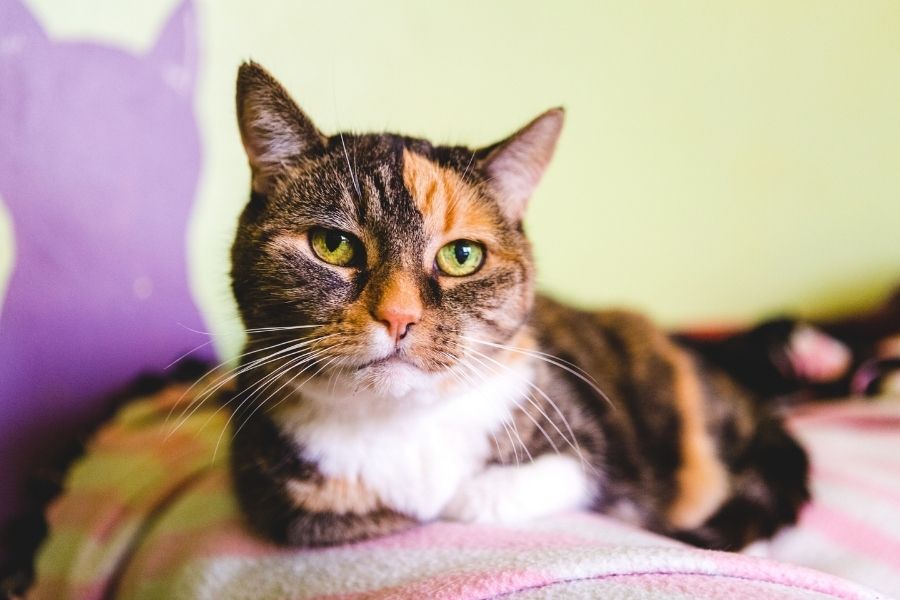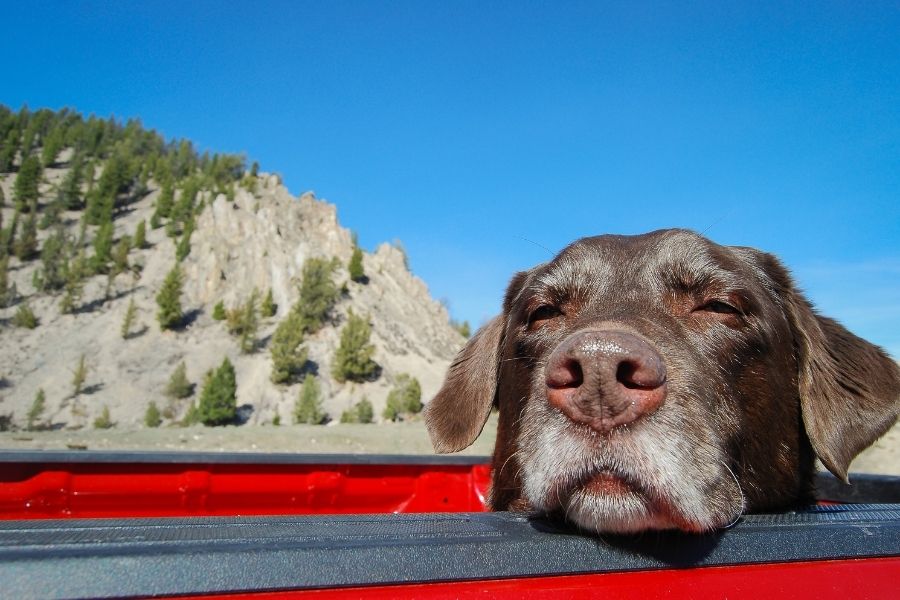November is National Senior Pet Month. Like us, our pets get old with age, and this comes with change. Senior pets may need more patience and may become needier. The kind of care we provide them will change as they age. We thought we would focus on senior pet care for senior pet month to focus on the aspects of health you should consider. As our fur babies age, it’s up to us to accommodate these changes and allow them to live long and comfortable lives.
Senior Pet Health
Changes to physical health are inevitable with age. You’ll notice your older pets are much slower than when they were younger. They also tend to get tired a lot more and probably spend more of the day sleeping. With age, genetics, years of exercise and weight gain, joint and mobility issues can arise. Hip dysplasia and arthritis are common health issues that face older pets. You can give joint supplements and medications to help with these, but it’s best to prevent these issues from becoming worse by managing your dog’s weight throughout their lives. Other internal health issues can also come with age. Older dogs can be more prone to developing cancer, depending on their health and genetics. As a responsible pet owner, you must be aware of all possible health issues that could face your pet and be sure to keep an eye on anything you think is off.
Senior Pet Food
Senior pet food is intended for pets of a certain age, depending on species, breed, and overall health. As our pets get older, their nutritional needs change. Senior pet food is carefully crafted to fit your older pet’s needs. It is made with higher moisture content, different levels of various nutrients and can come in different forms and consistencies. This variety allows you to select the best pet food for your senior pet. If your dog or cat has dental issues, it may be best to switch to a wet food diet for their comfort. Be sure to contact your vet for their advice on the best senior pet food for your pet.

Senior Pet Activity
With the changes in health come changes in performance. Exercise for older pets is essential, depending on their mobility. A short walk or a short amount of playtime can positively affect your pet’s overall mood, even if they are older. Even just going outside with your dog on their bathroom breaks will improve their mood significantly. For your older felines, some toys may catch their attention, or a cat tower may help get them clawing and climbing the tower. Depending on your pet’s health and mobility, be sure to ask your vet whether an activity is right for your pet.
Senior Pet Support
Part of supporting your pet when they age is making your home more accessible to them. Things like stairs can be difficult for our pets, especially if they have joint issues. Purchasing a ramp or making things more comfortable in one area of the home can help mobility by simplifying movements. It’s also a good idea to invest in a good bed for your pet as they need a soft surface to sleep and rest on. Having a soft bed can allow your pet to relax without feeling the pressure of a hard floor and any muscle soreness they may have.
Make Everyday Count
The biggest thing in senior pet care is to make every day count! Be patient as your fur baby grows older, and be sure to always show your affection and love. These late years in your pet’s life can make them needier. Pay extra attention to their needs, not only for their attention but be aware of any changes that you may think need an opinion from the vet.
For National Senior Pet Month, we want to ensure everyone knows how to care for their pets as they age. At Luv My Sitter, our professional pet sitters are experienced in handling and caring for pets at any age. Check out our pet sitting services, and let us show you what makes us different.

